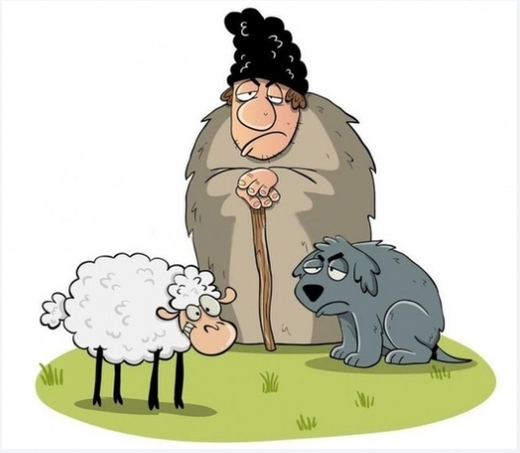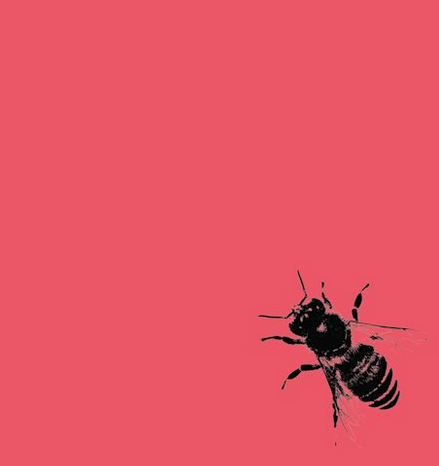It is surprising how far a human can go to deny the undesired but evident. All of the discussions about meaning and absurdity by Camus, Sartr, Russel, Becker and the likes are the stubborn denial of the evidence and the obvious. Nevertheless, they go in depths in order to justify their poor choice with complex and rigorous reasoning, which once and for more proves that we are the product of the stories we choose to tell to ourselves. Their stories though sound sublime and heroic wrapped in solemnity in essence are empty. In the words of Andersen’s fairytale punchline, “The emperor has no clothes.”
Tag: Better Life
What is the measure of success – to have or to be
I still haven’t met a single person, who consciously has made a decision to be a failure, not a single person has made a plan from his childhood to be a loser. It is natural to strive, fight, aim and rush towards a goal. Even the most broken people in our society, when asked about his dreams can produce a single dignified and worthy objective he/she wanted to be and to achieve. We all want to be successful, to be fruitful, to live an abundant and exciting life. However, when asked about success and that desired life, we often get lost in the definitions. What is measure of success then?
Admittedly, we live in the times when the measure of success is very messed up. The social media, educational institutions, marketing and advertisements portray success in a very mercantile manner. The materialistic, possessive mode of existence dominating the modern society expressed in a condensed ‘Career-Stuff&Travel’ model lays at the foundation of the success assessment. This mindset prioritizes acquisition and consumption over the more meaningful way of living. Yet, due to its immediate visibility, ‘Career-Stuff&Travel’ has undeniable argumentative power – you either have it or not. If you have it, show it; if you don’t – shush! Any attempt to challenge the status quo meets the opposition commonly expressed as: “You say so because you are poor” or “Oh, if you are so smart, why are you so poor?”
Two centuries ago Talleyrand, French statesman, has given rather exhaustive and concise argumentation against the absurdity of the claim. He said:
To make a lot of money, you do not have to be smart, but need to lack conscience (Charles Maurice de Talleyrand-Périgord).
However, the sense of superiority and self-justification are too hard to set aside. The strong mythology of materialistic success as expression of the inner riches appeals to the deepest needs of a human soul blinding one’s mind with its charm just as it was with the King Theoden from ‘The Lord of the Rings’ under the spell of Grima.
Continue reading “What is the measure of success – to have or to be”
What is winning?
Rat race for ‘happiness’
Recently, came across the ‘Happiness’ cartoon by Steve Cutts (2017). The genius of this art piece is in its blunt message. It makes one see the rat race routine from a side to realize something. Have you wondered, where we all are than much in a rush? For what good (if any good) we run?
How much the rush for happiness is imposed (prescribed) and how much is self-initiated? Can it be both?
On the Danger of Habit

The life of a philistine is as prosaic as the life of the sheep from the old Georgian parable:
“the sheep spent its whole life fearing wolves, but in the end, it was the shepherd who ate it.”
Often, danger does not come from circumstances beyond one’s control, nor from people who pose an obvious threat, but from those who constitute the ordinary course of life and, due to their familiarity, are perceived as normal, as natural.
Who is the shepherd in this proverb?
The shepherd is the one who “feeds”, who influences daily routines, who defines the world and one’s perception of it. With their care and boundaries, they protect but also limit possibilities. Perhaps in the wild, such a sheep would not live long, but how different its life would certainly be compared to the routine of “field-pasture-field.” Would the sheep be as “useful” in freedom as it is within the confines of the flock? That is an interesting question, worthy of an answer. And something tells me that the answer depends on the perspective from which it is given—that of the shepherd, the sheep, or the wolf.
Do other people irritate you?
“For every person, their neighbor is a mirror from which their own vices look back at them. But a person acts like a dog that barks at the mirror, thinking it sees not itself but another dog.” — Arthur Schopenhauer

«Для каждого человека ближний — зеркало, из которого смотрят нанего его собственные пороки. Но человек поступает при этом как собака, которая лает на зеркало, предполагая, что видит там не себя, а другую собаку». А. Шопенгауэр
Shawn Achor – The happy secret to better work
Extend your life with rocket sports
Source: https://www.facebook.com/reel/497024492716377
